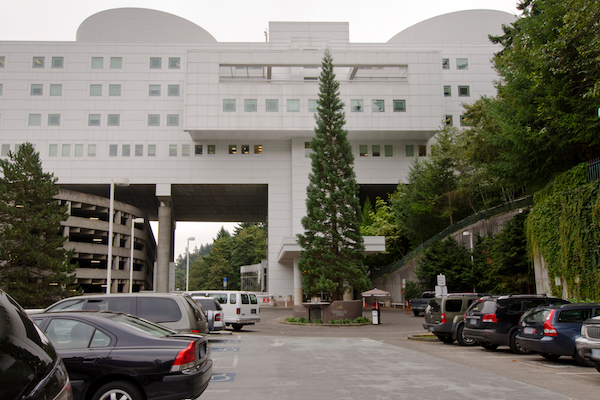Our mission
Each year, thousands of children and families face life-changing critical injuries and illnesses. These include traumatic brain injury (TBI)/trauma (e.g., motor vehicle accident, fall, non-accidental trauma) and other conditions that often lead to acquired brain injury (ABI), such as infectious and inflammatory conditions (e.g., meningitis, encephalitis), hypoxic ischemic injury (e.g., cardiac arrest, heart defects, strangulation, near drowning), stroke (e.g., hemorrhagic, ischemic), and other illnesses (e.g., sepsis, severe pneumonia). The landscape following pediatric intensive care unit (PICU) hospitalizations due to critical illness and injuries has drastically shifted over the past few decades. While mortality rates for children admitted into the PICU has steadily declined, more patients and families face the challenge of navigating life after critical care. Children who survive a PICU admission experience challenges not only associated with their primary ICU condition and concomitant treatment, but also a collection of physical, cognitive, emotional, and social symptoms. This assortment of symptoms has been named post-intensive care syndrome (PICS) and can impact both pediatric patients (PICS-p) and their families (PICS-f).
Our multidisciplinary team of clinicians in the Pediatric Critical Care and Neurotrauma Recovery Program (PCCNRP) are here to help children and families journey through recovery from inpatient hospitalization to years after hospital discharge.
From the outset, the primary goal of the Pediatric Critical Care and Neurotrauma Recovery Program – Research Lab has been to develop a programmatic line of research aimed at improving our understanding of PICS by focusing on outcomes and intervention research, as well as clinical care advancement across care settings. We strive to conduct research that will result in providing patients and families with a personalized patient care experience following discharge from the PICU – ensuring that no patients “fall through the cracks” on their road to recovery. In short, our research is designed to inform enhancements in our clinical program in order to optimize outcomes in the children and families we serve. We value the contributions made by science and research that help to optimize outcomes in the children and families we serve via our clinical program. Therefore, we lead investigations and collaborate with scientists across the world seeking to directly impact the care we provide and improve outcomes.
Pediatric Critical Care and Neurotrauma Recovery Program
The PCCNRP is led by multidisciplinary faculty in the Department of Pediatrics:
Director, Cydni Williams, MD, MCR
Associate Director, Trevor Hall, PsyD, ABPdN
Our team includes faculty dedicated full time to the care of children and families after critical illness and trauma, and we partner with other experts across OHSU.
Contact information for patients and families
Clinical care
More information about clinical services
Call 503-494-9995 for scheduling appointments
Email us at picubrains@ohsu.edu
Clinic located at Doernbecher Children's Hospital, 7th floor, CDRC clinic
